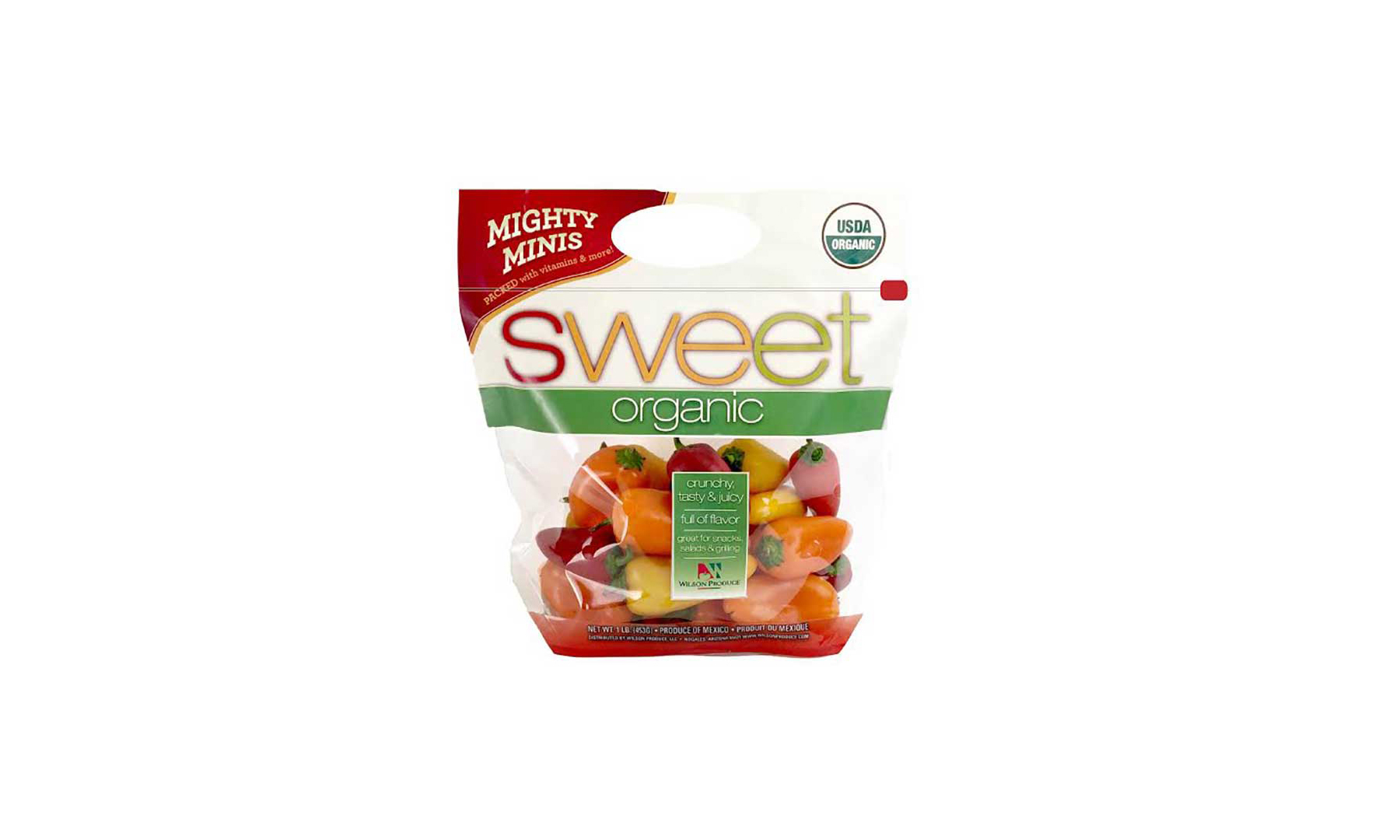Nogales, Arizona-based Wilson Produce, a fourth-generation family farm, is looking to its future after “months of strategic planning and assessment of all areas of the company.” Among changes coming to the company are increases in production of existing items like mini sweet peppers, cucumbers and squash; the addition of new commodities like colored bell peppers and mini cucumbers, as well as green beans and trending items like shishito peppers; a Wilson Produce brand refresh; updates to company resources; and a fresh plan for retail programs for new and existing commodities.
“With a proud tradition and a strong reputation for quality, Wilson Produce recognized that change was a necessity to keep the brand and the company relevant for the next generation amid an ever-competitive production setting and changing retail landscape,” the company said in a statement.
“We are returning to our roots and taking advantage of the fundamentals our company was built on—the family name, the land, growing healthy products and investing in the people who are the backbone of our company,” said GM Guillermo Martinez. “Each of these things is important, especially as we expand our growing program to increase acreage, add new commodities and additional organic volume, as well as continue our emphasis on the regenerative agricultural model.”
According to Martinez, customers can expect a variety of new brand resources, including new packaging and an updated website. Additionally Wilson Produce will add buyer resources including new retail tools, including category management and seasonal promotions that reflect their commodity increases. The company also will begin a dialogue with consumers to share more information and transparency through its “Truth be Grown” storytelling initiative.
“Organics and regenerative agriculture are now part of our story—a story that is my past and my future, where I was brought up to respect and care for the land and to work with nature.” said Alicia Bon Martin, Wilson Produce CEO. “We’re seeing that consumers care about the way that their food is grown, and we’re taking that seriously. We have placed a priority on our organic program, and we’re going to expand and take it even further using regenerative agricultural practices that are especially important in protected agriculture where we have a limited amount of space and crops available for rotation.”
Over the next several months, Wilson Produce staff will be visiting with customers to talk about company changes and new programs.
Keep reading:
https://www.theshelbyreport.com/2018/07/23/efi-certification-growers-attract-workers-retailers-trust-source/
https://www.theshelbyreport.com/2018/07/19/trembling-prairie-farms-wisconsin-celery-harvest/
https://www.theshelbyreport.com/2018/07/16/wellness-programs-feature-california-avocados/

